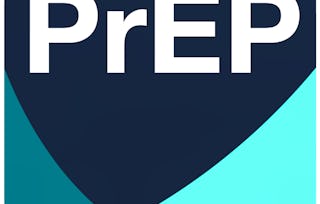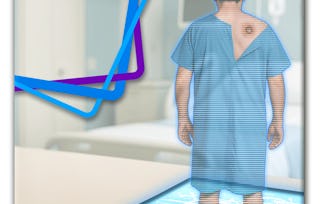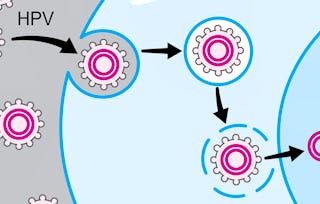What are sexually transmitted infections (STIs), and why do we care? What is point of care testing (POCT)? What do clinicians and patients want and need from the POCT for STIs?

Point of Care Testing for Sexually Transmitted Infections

Point of Care Testing for Sexually Transmitted Infections

Instructor: Anne Rompalo, MD, ScM
1,586 already enrolled
24 reviews
What you'll learn
After completing this course, you will be able to discuss the importance of Point of Care Testing (POCT) for common sexually transmitted infections.
After completing this course, you will be able to discuss the obstacles currently present with POCT for STI development and adoption.
Skills you'll gain
Details to know
9 assignments
See how employees at top companies are mastering in-demand skills

There are 4 modules in this course
What's included
4 videos1 reading1 assignment
What's included
11 videos3 assignments
What's included
12 videos2 assignments
What's included
13 videos1 reading3 assignments
Instructor

Offered by
Explore more from Public Health
 Status: Preview
Status: PreviewJohns Hopkins University
 Status: Free Trial
Status: Free Trial Status: Preview
Status: PreviewStanford University
 Status: Preview
Status: PreviewIcahn School of Medicine at Mount Sinai
Why people choose Coursera for their career

Felipe M.

Jennifer J.

Larry W.

Chaitanya A.

Open new doors with Coursera Plus
Unlimited access to 10,000+ world-class courses, hands-on projects, and job-ready certificate programs - all included in your subscription
Advance your career with an online degree
Earn a degree from world-class universities - 100% online
Join over 3,400 global companies that choose Coursera for Business
Upskill your employees to excel in the digital economy
Frequently asked questions
This course discusses the specifics of sexually transmitted infections in detail, including photos of genitalia exhibiting symptoms of these infections.
To access the course materials, assignments and to earn a Certificate, you will need to purchase the Certificate experience when you enroll in a course. You can try a Free Trial instead, or apply for Financial Aid. The course may offer 'Full Course, No Certificate' instead. This option lets you see all course materials, submit required assessments, and get a final grade. This also means that you will not be able to purchase a Certificate experience.
More questions
Financial aid available,

